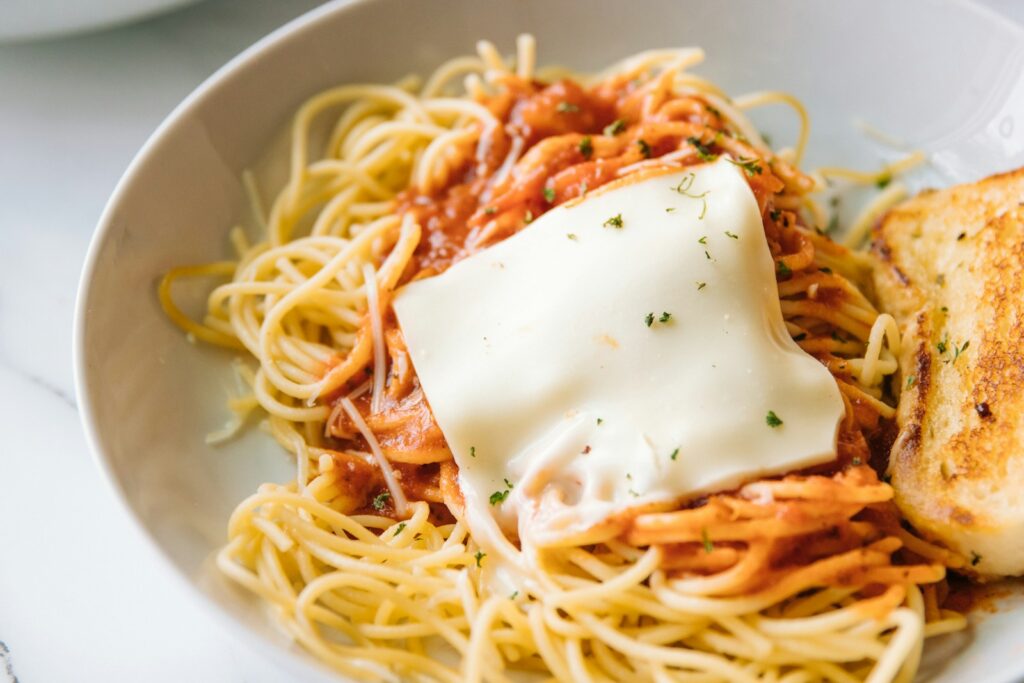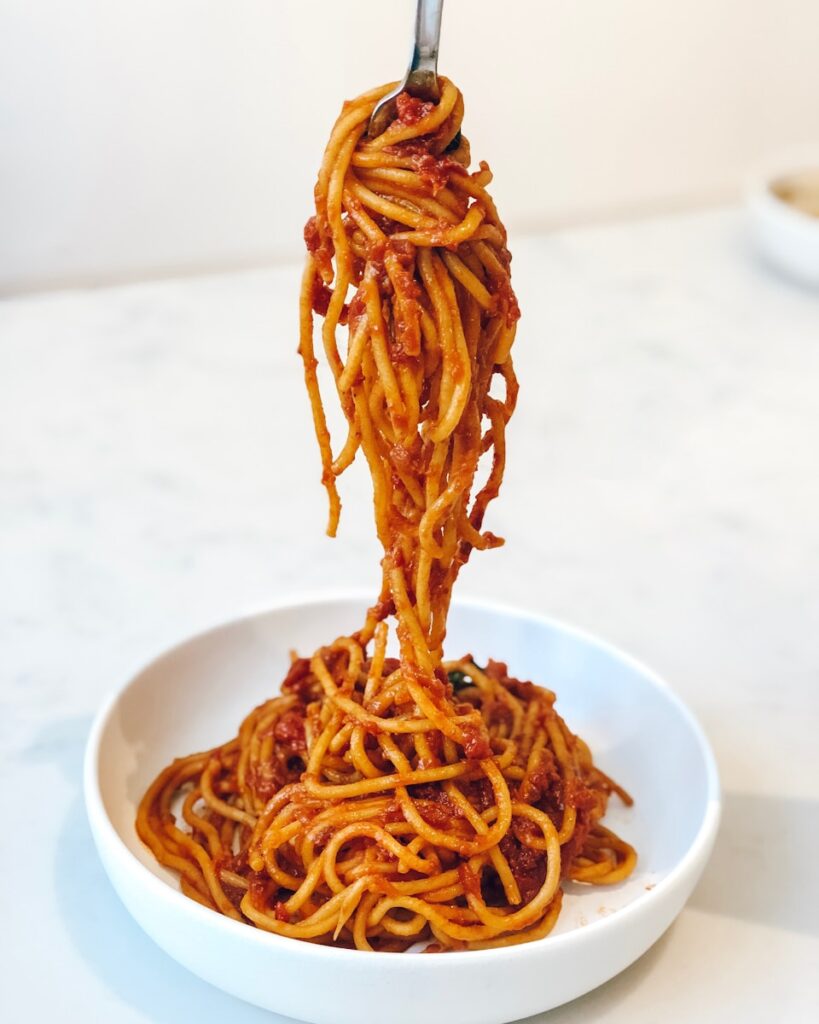
Newsletter Subscribe
Enter your email address below and subscribe to our newsletter

In Italy there are strict rules to cook perfect pasta. It’s an art to know what kind of pasta is good or not, which kind of pasta you use for what sauce and the cooking water is very valuable.

Everyone has has own way to make their pasta. We all love pasta and everybody perfected it in their own way. Cooking pasta is something special and valuable for many many people.

These tips help for everyone who still is trying to perfect their techniques.
The Quest for Perfect Pasta: A Simple Science
Cooking perfect pasta seems simple, but the difference between good and great is in the details. It’s not just about boiling water; it’s about creating a foundation that allows the sauce to cling beautifully. Follow these key steps to elevate your pasta from a simple side to a stellar main event.
The single most important step is often the most neglected. You need a large pot and a lot of water. A good rule of thumb is 4 to 6 quarts (or liters) of water for every pound (450g) of pasta. This gives the starch granules plenty of space to swell and cook evenly without becoming gummy.
Your pasta water should be seasoned aggressively—as salty as seawater. This is your one and only chance to season the pasta itself from the inside out. Don’t be shy; add a generous handful of coarse salt after the water is boiling but before you add the pasta.
Perfect pasta is about texture, or al dente—”to the tooth.” This means it’s tender but still firm, with a slight resistance when you bite into it.
Resist the urge to add oil to the water. It will only coat the pasta, preventing the sauce from sticking later. A vigorous boil and sufficient water will prevent sticking far more effectively.
Start timing only once the water has returned to a full boil after adding the pasta. Do not rely solely on the package time. Begin tasting the pasta a minute or two before the timer goes off. You want it to be just shy of perfectly tender.
This is the professional secret that separates good home cooks from great ones. Do not simply drain your pasta and top it with sauce.
Before draining, scoop out at least a cup of the starchy, salty pasta water. This liquid gold is the key to a silky, emulsified sauce that clings to every strand.
Drain the pasta (but not too well—a little water clinging to it is fine) and immediately transfer it to the pan with your warm sauce. Over a low heat, toss the pasta and sauce together vigorously, adding a splash of the reserved pasta water. The starch will help the sauce thicken and bind to the pasta.
By following these steps—abundant water, aggressive salting, cooking to al dente, and finishing the pasta in the sauce—you will create a cohesive, restaurant-quality dish every single time.